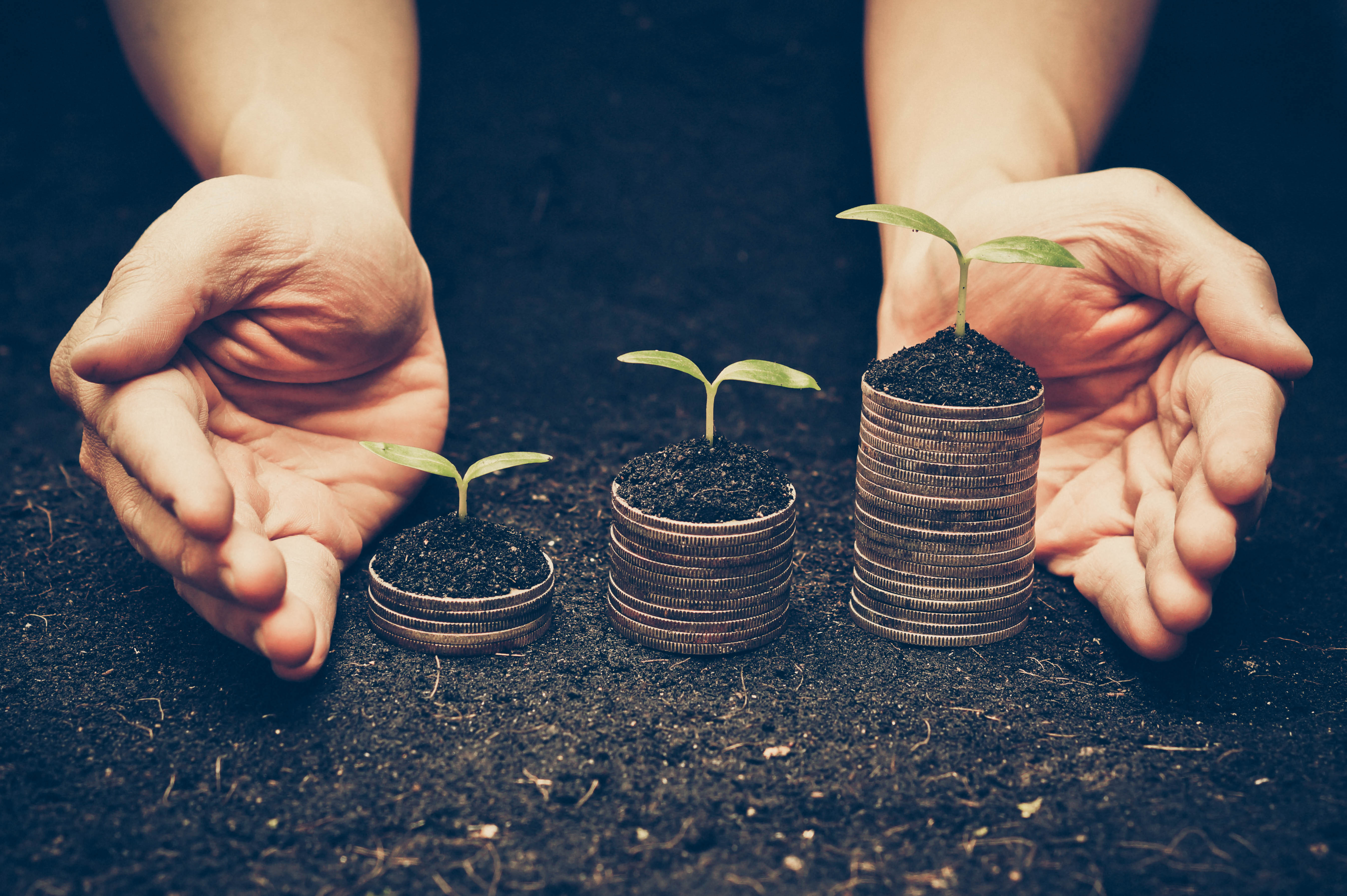
Get Paid to Share Your Expertise
Help shape the future of business through market research studies.
See Research StudiesSustainability is an issue that impacts everyone. As the world population is growing exponentially, global resources are dwindling.
By 2030, only 10 percent of the world’s forests will remain due to deforestation. Already, there are 50 percent fewer forests than there once were. At the same time, global emissions are also an issue. The average temperature of the world’s oceans has increased by 2 degrees Celsius – a side effect of these greenhouse gas emissions. In turn, coral reefs are experiencing a similar devastation as forests from the increased water temperatures. The result is that over 1 billion people in the world are hungry and almost as many without access to safe water.
However, there is also reason for hope. “Business and its ability to stimulate economic growth is a force much stronger than governments, NGOs, or philanthropists”, says INSEAD Dean Ilian Mihov.” It is the best hope we have in finding solutions to the world’s myriad problems from poverty to climate change.”
Leaders Who Walk the Talk
The first way a company can be a true source for good is by employing leaders who are willing to take action and make positive strides in the manner their organisations operate. “Businesses need more people in positions of leadership who are ‘deeply connected’ to humanity and to life all around them,” explains Lindsay Levin, Founder and Managing Partner of Leaders’ Quest. They need to “take a keen interest in issues such as climate change.” Unilever is a perfect example of this. The conglomerate is taking active steps to make palm oil (an emulsive used in everything from vegan butter to ice cream and chocolate to shampoo) more sustainable.
Moreover, ”walking the talk” should not just be limited to broad business decisions, but manifest in personal behaviours as well. In order to lead and inspire followership, leaders need to exemplify core values in the ways they do things. This is especially true with millennial employees, who have a demonstrated preference for authenticity in all things.
Social Impact Programmes Based on Core Competencies
In order for an organisation to be a source for good, leaders also need to look at core competencies as well. Job satisfaction is highest amongst employees when they are given tasks that they feel employ their biggest skills — so much so that many will even take a pay cut when given the chance to employ their individual core competencies to a greater good.
A management consultancy found this out first-hand when it initiated a social impact programme that asked participating consultants to use their skills to help organisations in low-income areas of Asian and African countries. Each consultant took a pay cut of 25-50 percent in order to participate and many were happy to do so. The consultancy found that the employees who took part in the programme were more likely to stay with the company than those consultants who refused to participate – by 32 percent! The reason most cited was that they looked at the impact programme as a way to give back while investing in their own futures.
Partnerships That Raise Public Awareness of Sustainability
Sustainable partnerships are also a way that companies can do good. While a single person or even a nonprofit can only do so much, the right partnerships can be revolutionary. Aside from any direct impact, the right partnership can improve public awareness and reach for the organisation in ways that may not be accessible to them otherwise.
Take the renewable energy source biogas, for example. It is a product of the decomposition of organic matter. Public misconception about what this means led people to dismiss the process as smelly or to think of it as pollutive. Biogas was having a hard time gaining acceptance, despite its low cost and myriad applications. ISABEL, the €1.3 million project between INSEAD and seven other partners, helped to change this. The partnership used a bottom-up approach to promote biogas as a fuel source. It held workshops and spoke with classrooms. Europe’s biogas consumption over the next ten years more than doubled as a result. It went from 6 percent in 2005 to 15 percent in 2014–all because the right organisations came together to make it happen.
Organisations of all sizes can make an impact by helping others whilst helping themselves. Whether the issue is donating expertise, raising awareness, or employing leaders who walk the talk, it is possible to do good things in the world while protecting business interests. In the next article, we continue our discussion on the six ways that businesses can be a source for good.

 INSEAD
INSEAD